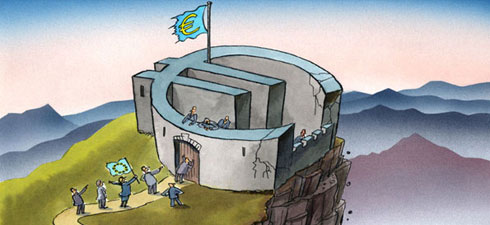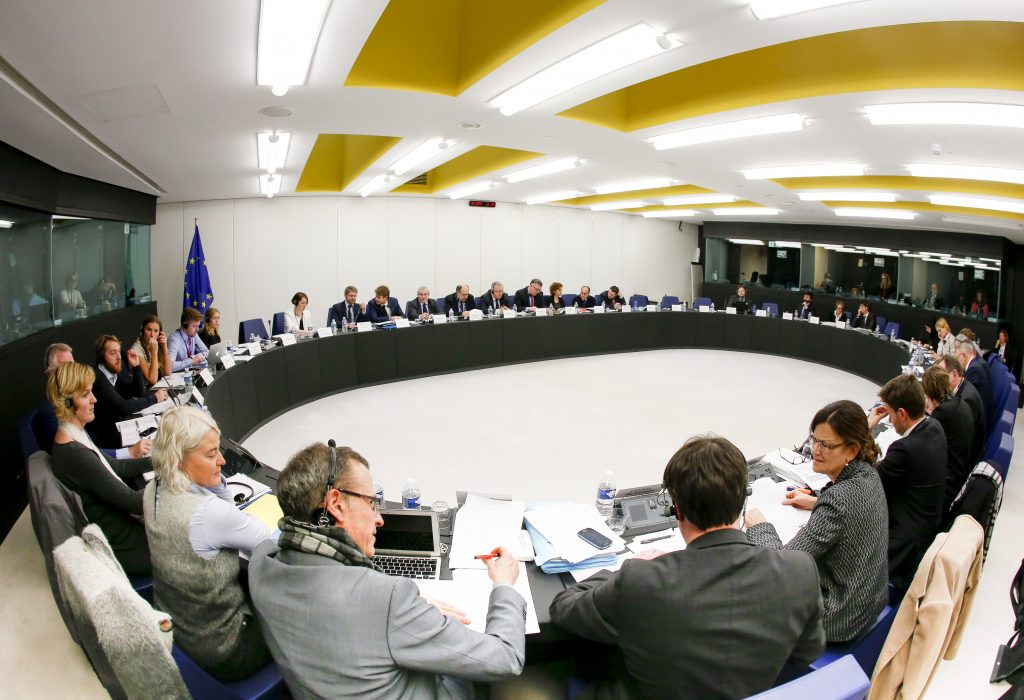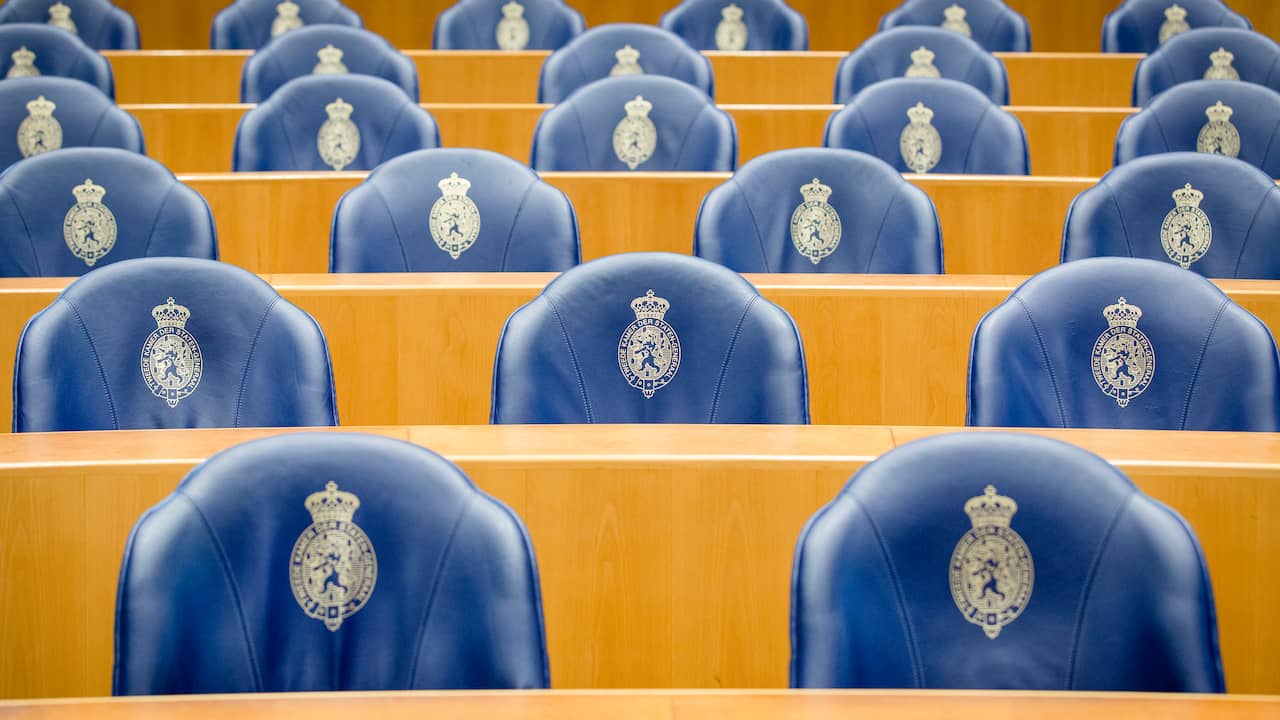 By Päivi Leino-Sandberg
By Päivi Leino-Sandberg
The June 2012 European Council adopted a report setting out ‘four essential building blocks’ for the future Economic and Monetary Union (EMU): an integrated financial framework, an integrated budgetary framework, an integrated economic policy framework and, finally, strengthened democratic legitimacy and accountability (1). In its discussions, the European Council stressed that:
Throughout the process, the general objective remains to ensure democratic legitimacy and accountability at the level at which decisions are taken and implemented. Any new steps towards strengthening economic governance will need to be accompanied by further steps towards stronger legitimacy and accountability. (2)



 By Päivi Leino-Sandberg
By Päivi Leino-Sandberg